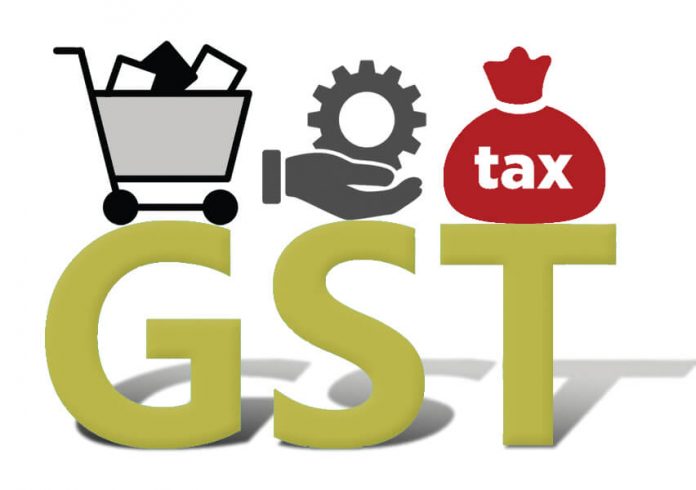Small businesses which could not file their returns as they had no income due to the pandemic are now facing closure as the GST department is demanding back breaking penalties.
By Sujit Bhar
Everybody accepts that the GST is a complicated tax system and its compliance needs constant vigil on the part of business and the associated tax structure. The current economic collapse has brought many MSME units to their knees. With every source of income vapourised, no new demand on the horizon and due payments held back quite often, these small entrepreneurs are already in deep trouble. Debtors are knocking at their doors and their finances have completely collapsed. No bank would even allow an interview for a fresh loan unless they already have an existing loan with that bank.
Amid this bleak scenario while striving for straws to hold on to, the first thing on the entrepreneurs’ minds was to put food on the table and pay for essentials, including medical bills. The last thing on their minds was remembering to file monthly nil GST returns. That has now come back as a massive and cruel bolt from the blue for small time players, with the GST department demanding penalties for each month of returns not filed. For firms whose annual turnover barely crossed Rs 50 lakh in normal times, their GST non-filing penalty demands have reached upwards of Rs 50,000. That is a huge blow at a time when business owners are gasping for breath, trying to pay their employees a minimum sustenance.
Taking into account the reality of the business situation, there would not have been any new entry in the order books of these business institutions. The economic downturn that preceded the pandemic and the lockdown dealt virtual death blows to small businesses, such as footwear and ancillary manufacturers, highly labour intensive areas where many families make their living.
If nil returns have to be filed now, the GST website will allow access only when penalty is paid. The direct scope of an appeal does not exist.
So what does defaulting on GST return filing mean? Your GST registration can be suspended which means that you will not be allowed to download e-way bills, hence cannot ask for C Forms. You cannot sell and you cannot make a purchase. Technically, the entire business function will stop. Untangling the firm from this will be such a Herculean task in itself that the poor entrepreneur will be left with neither time nor energy to devote to his core function, which is his business.
Not that this is an issue that has totally escaped the authorities. An unofficial estimate sees nearly two lakh small and micro enterprises already on the brink of shutdown after facing this extra financial burden which they do not know how to pay.
Recently, the government announced that the maximum late fee on GSTR-3B returns has been capped at Rs 500. The Central Board of Indirect Taxes and Customs (CBIC) said that the government had decided to cap the maximum late fee for filing GSTR-3B returns for the tax period of July 2017 to July 2020, given that such returns were filed before September 30, 2020. That deadline defies logic. Technically, most attorney and account offices had stayed shut during the period of the lockdown and had also accepted minimum workload for a couple of months thereafter. When they opened, they were flooded with such appeals from their smaller clients, saying there was little they could do to pay the delayed return filing penalties in this financial situation.
When the firms tried accessing the GST and other related websites, the penalty clause and payment demands apparently blocked access to the sites. Hence preparing a nil return and filing it also became impossible. When the September deadline was announced, it was already late in the day for the struggling entrepreneurs.
Placing this in the backdrop of the moratorium hearings in court, it would be better to understand the urgency of these entrepreneurs. An interest on loan waiver would be useless if the entrepreneur in question is prevented from even carrying out any transaction. Hence this, probably, is an allied issue that needs to be added to the pleas already in court. The deadline needs to be extended to March 2021 as has been demanded in the plea for the extension of the moratorium and penalties for late filing of returns need to be waived down the line.
If the government’s intention is to regenerate employment, it has to pay heed to the needs of small firms that employ nearly 70 percent of India’s workforce. A minor waiver of late fees, which in no way will affect GST revenues, should be considered quickly. This waiver would allow businesses to run again and this, in turn, would only be a push in GST revenues.
Such short sightedness on the part of the authorities may lead to a situation of further closure of businesses, pushing more people out of work and giving a bad name to all positive government initiatives. These bureaucrats need to be reined in, good sense has to prevail.


